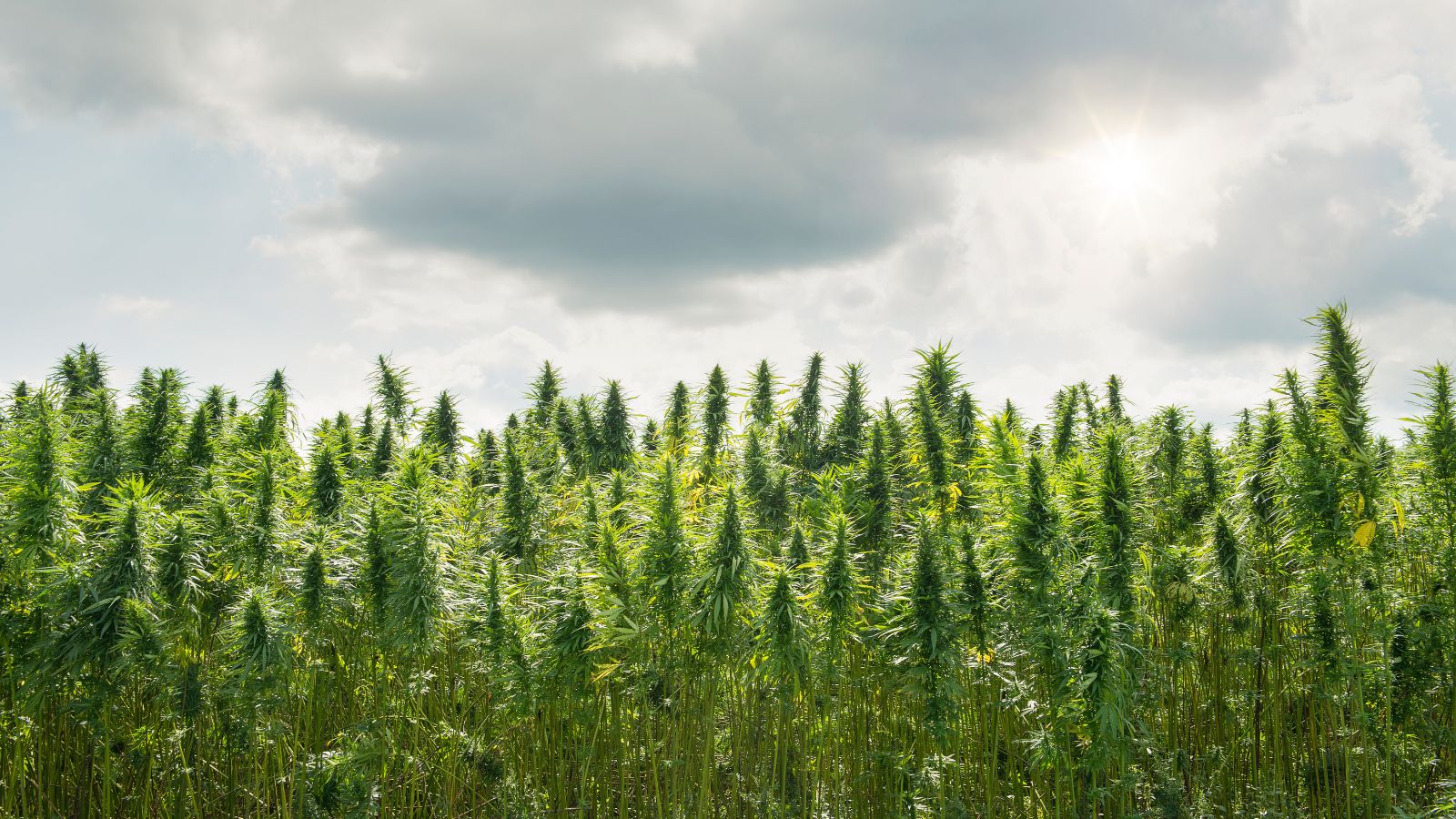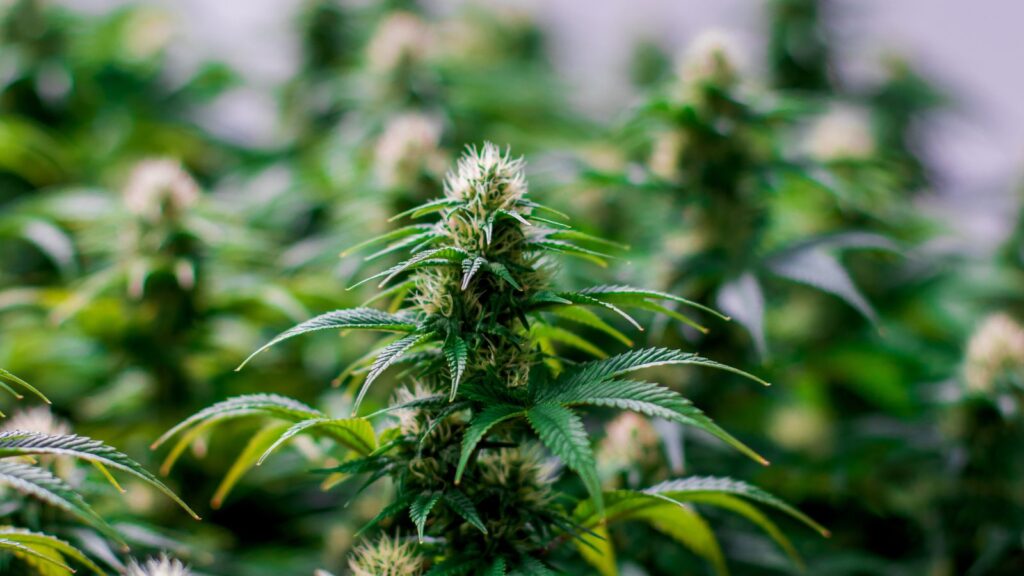Growing cannabis at home offers substantial environmental benefits, significantly reducing your ecological footprint compared to commercial cannabis production. Here are some reasons why cultivating cannabis at home is environmentally advantageous
Growing cannabis at home offers substantial environmental benefits, significantly reducing your ecological footprint compared to commercial cannabis production. Here are key reasons why cultivating cannabis at home is environmentally advantageous:
1. Reduced Energy Consumption
Commercial indoor cannabis production relies heavily on artificial lighting, ventilation, and climate control systems, consuming vast amounts of energy. On average, commercial indoor cultivation consumes up to 2,000 kWh of electricity per pound of cannabis produced. Home growers can drastically reduce energy usage by leveraging natural sunlight or minimal supplemental lighting. In fact, home cultivation under natural conditions can lower energy consumption by up to 80%, significantly impacting carbon emissions and energy dependency.
2. Water Conservation
Commercial cannabis farms, especially outdoor facilities, often use up to 6 gallons of water per plant per day. Home growers can significantly reduce this by employing efficient watering techniques, such as drip irrigation and water harvesting systems, often cutting water use by half or even more. Studies show that efficient home gardening can save thousands of gallons of water per year, alleviating pressure on local water resources and ecosystems.

3. Minimization of Transportation Emissions
Commercial cannabis products frequently travel extensive distances, resulting in significant transportation emissions. According to New Frontier Data, transportation contributes approximately 12% to the industry’s total carbon emissions. Homegrown cannabis entirely eliminates these emissions by localizing production. Growing your cannabis at home means zero transportation emissions, significantly contributing to cleaner air and reduced greenhouse gas levels.
4. Sustainable Gardening Practices
Home cultivation allows for environmentally-friendly gardening practices such as composting organic waste, recycling plant material, and avoiding chemical pesticides and fertilizers. Commercial cannabis farming often relies heavily on chemical treatments, negatively affecting soil health and biodiversity. Organic methods, commonly practiced by home gardeners, protect beneficial insects, maintain soil fertility, and improve local biodiversity, creating a healthier ecosystem overall.
5. Advantages of Auto-flowering Varieties
Auto-flowering cannabis strains mature faster, generally requiring fewer resources and energy, making them ideal for environmentally-conscious growers. These strains typically complete their growth cycle in as little as 8-10 weeks, compared to longer photoperiod varieties that can take several months. High-quality, cheap auto flower seeds are readily available and easy for beginners to cultivate sustainably. Faster harvest times also mean growers can produce multiple crops per season, maximizing the efficiency of home gardening setups without additional environmental costs.
Additional Environmental Benefits
Furthermore, cultivating cannabis at home empowers growers to adopt renewable energy sources, such as solar panels, further enhancing environmental sustainability. Home cultivation can also reduce packaging waste, which is a major concern in the commercial cannabis market. Packaging waste from commercial cannabis products often includes plastics and other non-biodegradable materials, which significantly impact environmental pollution levels.
By choosing to cultivate cannabis at home using auto-flowering varieties you’re actively contributing to environmental sustainability, lowering your ecological footprint, and promoting greener agricultural methods. The decision to grow cannabis at home is more than just a personal hobby—it’s a meaningful step towards a more sustainable and eco-friendly lifestyle.


More Stories
The Foundations of Sustainable City Planning in Florida
Fire Safety and Outdoor Kitchens: What Deck Contractors Need to Plan Before Building
Pressure Washing & Exterior Cleaning: The Simple Way to Refresh Your Property